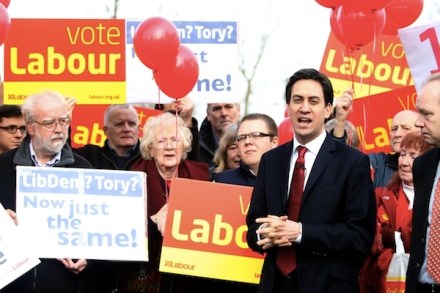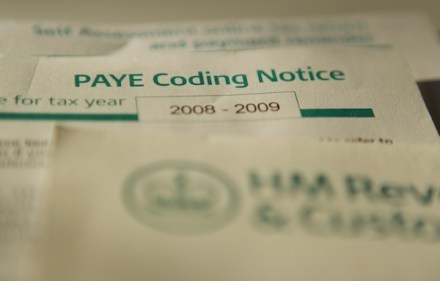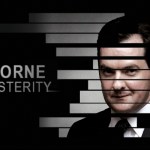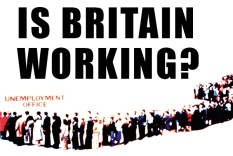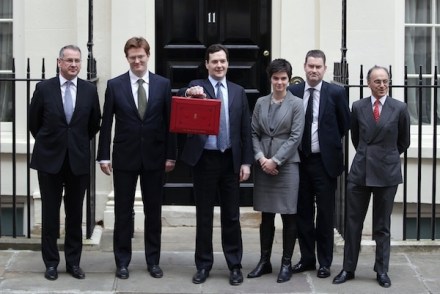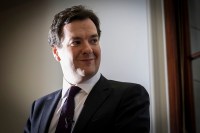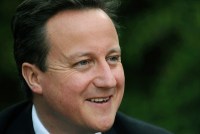Big Brother cash machine campaign costs nearly £100k
Remember those menacing HMRC eyes that Fraser found staring out at him from a cashpoint last month? Well, it turns out they’re a pretty expensive pair of eyes. A Freedom of Information request by the TPA’s Matt Sinclair returned this week, revealing that this cashpoint campaign on tax evasion cost just under £100,000. The response says: ‘The total media spend for the Evasion ATM advertising campaign specified in your request was £95,930.40, excluding VAT. This amount was approved by the Cabinet Office. ‘To set this figure in the correct context, the Government has made around £1 billion available to HMRC to tackle avoidance, evasion and fraud to bring in an





